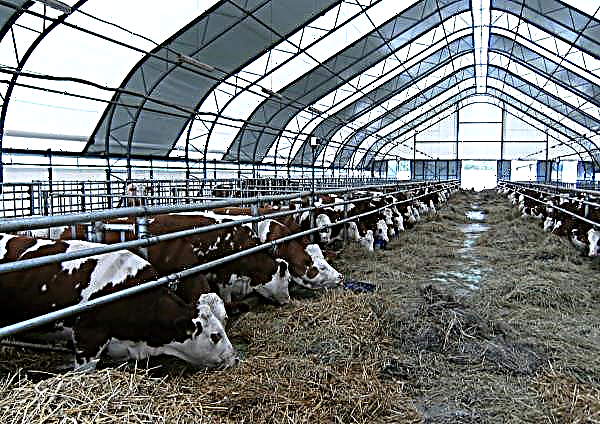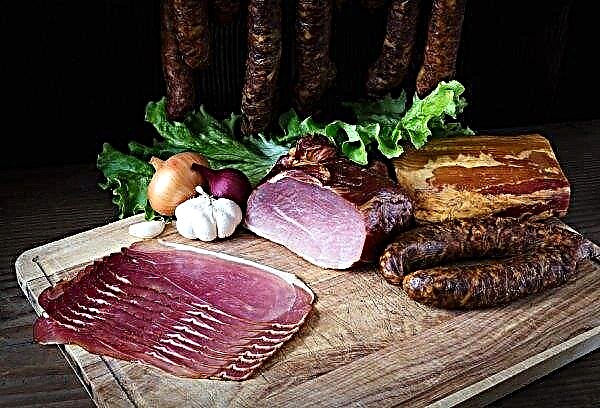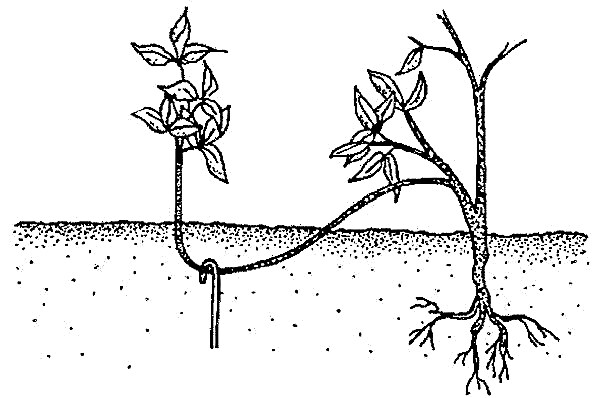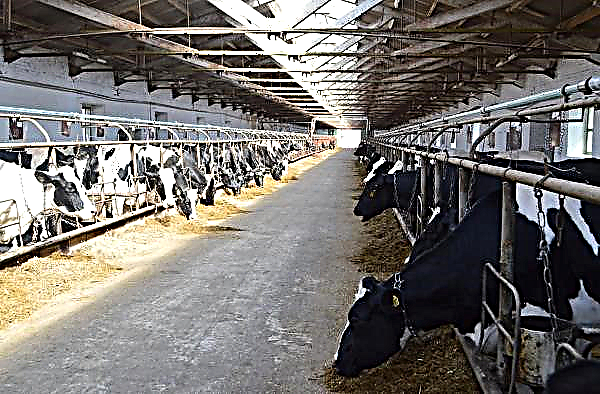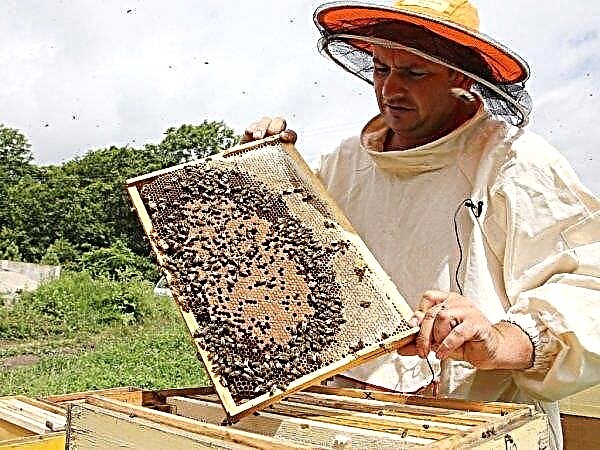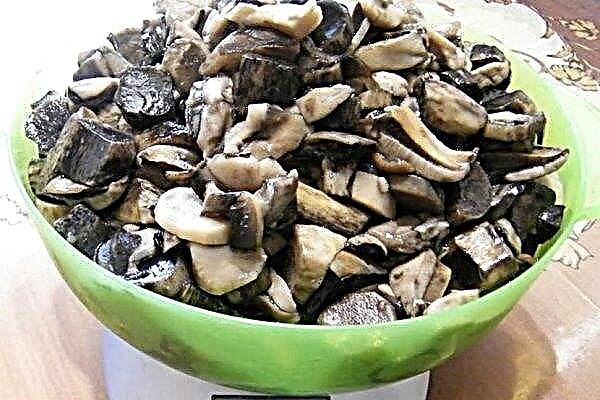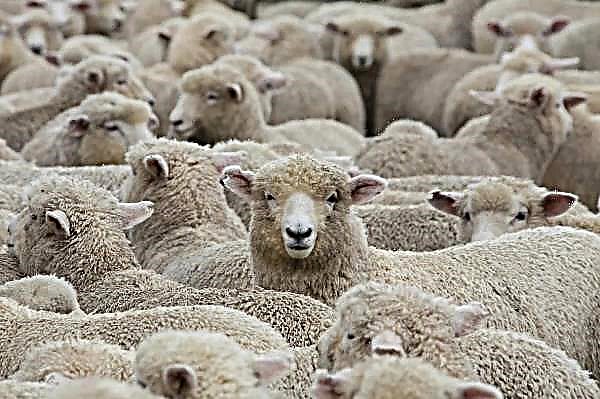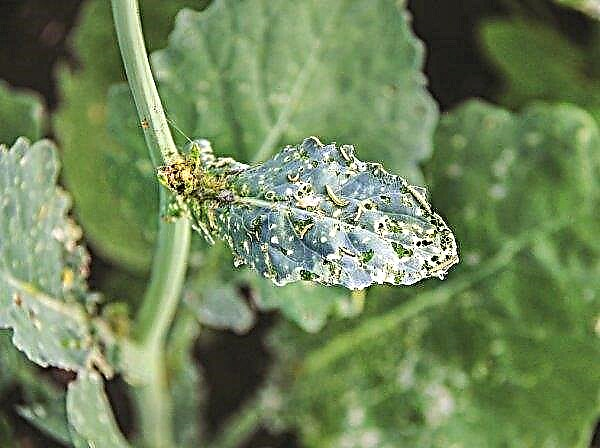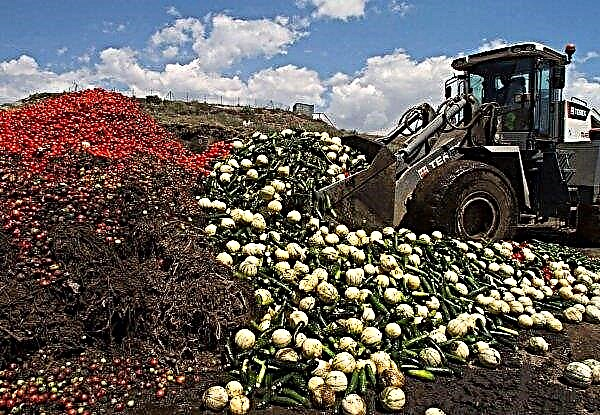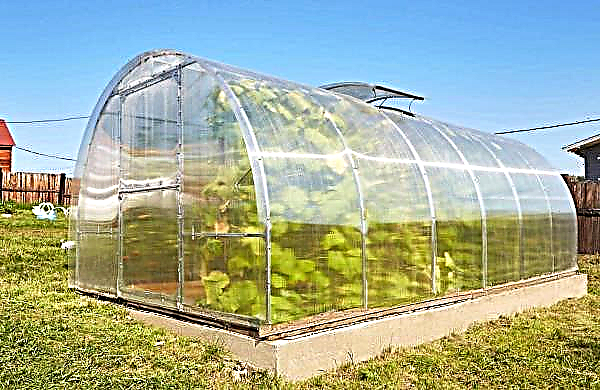Germany announces the rapid expansion of the wolf in the European Union. For ecologists, this is a reason for joy, for herders - a reason to abandon agriculture.
Last December, an interview was held with the Italian biologist Professor Luigi Boytani in front of the Committee on Environmental Protection of the European Parliament.
Then the famous naturalist admitted that the largest herds of wolves live in the Carpathians, and the average annual growth of these predators remains at the level of 30%. The number of wolves in Europe is currently estimated at about 14 thousand individuals.
According to the Italian researcher, wolves easily adapt to environmental conditions, and in search of food they fall in areas where people previously dominated.
 Wolves are capable of experiencing strong emotional attachment. They choose a life partner once for life, being ideal family men. The wolf does not quarrel with the she-wolf, does not betray her and carries all the prey home.
Wolves are capable of experiencing strong emotional attachment. They choose a life partner once for life, being ideal family men. The wolf does not quarrel with the she-wolf, does not betray her and carries all the prey home.
Earlier, Slovenian farmers, led by Stanislav Bergant, asked the European Parliament to control the wolf population and be responsible for its growth.
They warn that coexistence of a wolf with farm animals in mountain conditions is impossible, and there are no effective methods of protecting the herd from wolves.
Strict predator law deprives herders of the ability to protect their herds. For this reason, breeders refuse further activities in mountainous areas.
According to Slovenian farmers, the views of "lovers of romantic nature" so far are damaging farmers and will soon harm the development of tourism in the Alpine regions.
Farmers in Poland have similar problems with wolves. Reports that wolves carried away sheep, dogs, goats and calves repeatedly appeared last year and concerned both the foothills of the Subcarpathian Voivodeship, Silesia and Lesser Poland, as well as the Podlaskie Voivodeship or the Warmian-Masurian Voivodeship.
Requests for shooting were not approved, even if it was a question of safety not only herds of farm animals, but also people.
- Two villages in the Vinnytsia region turned into a safari for wolves.
- Vologda stock-breeders are in deep despair.
- ASF, good bye! Kaliningrad breeders breathed a sigh of relief.
- The collapse of livestock? Finnish scientists have learned how to make food out of thin air.
- African breeders adapt to climate change.

